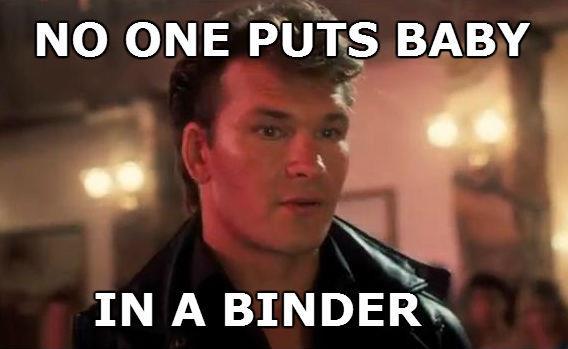by Raffi Sarkissian
If there was one clear winner this election cycle, it would have to be political memes and other do-it-yourself media that provided much needed comic relief throughout the 2012 presidential race. While online memes have been around for quite some time, they haven’t broken out as primary news fodder and water cooler conversation as they have over the past several months, centered particularly around the three presidential debates.
As the past twelve years have clearly shown, comedy has come to play an integral role in the politics of the presidential elections, with DIY media contributing more significantly to the conversation, or at least the conversation on the web. But has the concentrated effort on finding the next popular meme taken over the content of the issues and positions between the candidates? It seems as though in this age of live-tweeting, live-blogging, and now live-meming, there is an intense focus on finding the next meme (or gif) and spreading it as fast as possible.

Think about all three of this year’s presidential debates. There was one memorable take away from what was said at each of these debates. What dominated the conversation around the first debate was Big Bird. The second debate was all about binders full of women. When I was watching the third debate on a fifteen minute time delay, I was already alerted via social media about the “big” zing of the night (horses and bayonets). None of these short sound bites would have really made a splash if it weren’t for the lightning fast turnaround of creating fake accounts (Big Bird twitter) and memes (binders full of women), and their instantaneous spread through social media that often overtook discussion about the debates before the debates were even finished.
Debate watching has thus turned from getting information and positions from the candidates to feverishly searching for the next faux pas or zinger that can be memed, tumbled, and tweeted. The alarming feature is that this is not coming from top down media but rather click by click from the bottom up. Is this a trend we need to be worried about? Are DIY and social media combining to override and reduce more substantive conversations that should be taking place? Is it just trivial humor or is it trivializing the larger issues?

